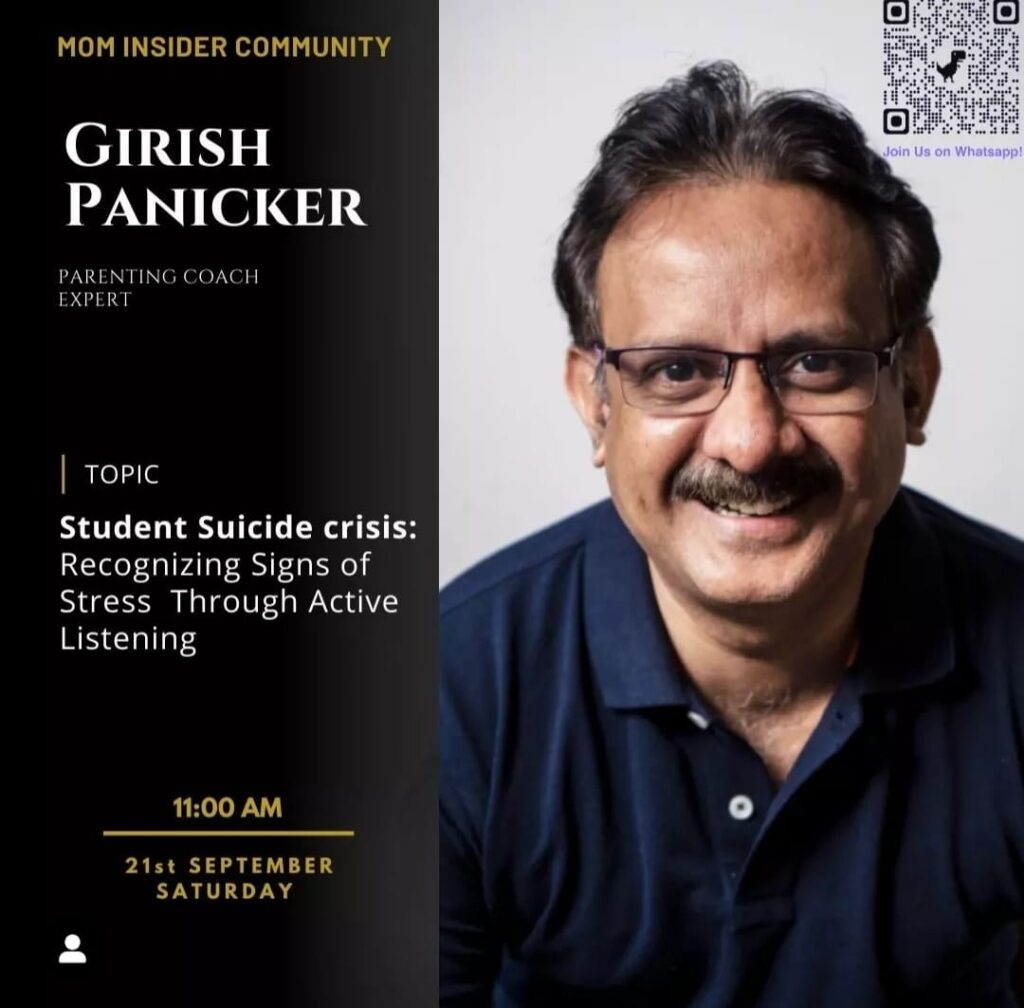- Understanding the Guilt:
Parents often feel responsible for their children’s behavior as they see themselves as their primary guides and role models. When kids act unruly or exhibit bad behavior, it can feel like a reflection of the parent’s actions, decisions, or even their worth as parents. The primary reason for this guilt stems from the high expectations they set for themselves and the pressure to raise well-behaved, successful children.
- Peer Pressures:
In India, society and cultural norms often place the burden of a child’s behavior squarely on the parents. This pressure can lead parents to feel extremely guilty for their child’s actions as their failures.
- Fear of Being Judged:
Parents worry about being judged by others—family, friends, or even strangers. When a child misbehaves, the fear of being seen as a “bad parent” can trigger guilt, leading them to take the blame. The most striking feeling a parent gets when a child misbehaves is ” Am I a bad Parent”?
- Unresolved Childhood Experiences:
Sometimes, parents project their own childhood experiences onto their parenting. If they were criticized or blamed as children, they might be more sensitive to their own children’s actions, fearing they are repeating the cycle. On the other hand, some parents might act out just like their parents who were critical of them.
What Should Parents Do?
- Change the Mindset:
Understand that children’s behavior is influenced by various factors, including their temperament, developmental stage, and external influences. It’s not always a direct reflection of parenting. Move away from guilt and focus on understanding the feelings of children.
- Separate Behavior from Identity:
Parents’ success does not depend on the behavior or misbehavior of the child. Every moment is an opportunity to learn how to respond to the child’s behavior. It’s part of their growth and learning process. The focus should be on understanding rather than controlling.
- Model Self-Compassion:
Show your children that it’s okay to make mistakes and that learning from them is what truly matters. There is nothing like failure, but only results. Every result is feedback on how to make things better. This approach not only helps reduce your guilt but teaches them resilience.
- Set Realistic Expectations:
No child is perfect, nor is any parent perfect. So expecting children to always behave flawlessly sets everyone up for disappointment. The same applies to parents as well. Parents will make mistakes on the way and when these mistakes are self-labeled as ” I am a bad parent”, things go wrong. The aim for both should be progress, not perfection.
- Take Help:
Parenting is a challenging journey and everybody’s experience is different. Sharing experiences with other parents or seeking guidance from Parenting Coaches and Life Coaches can provide new perspectives and alleviate some of the guilt.
- Empower Your Child:
Encourage your child to take responsibility for their actions. This not only eases the pressure on you but helps them develop accountability and independence.
By understanding the roots of parental guilt and shifting their approach, parents can create a more positive and less pressure-filled environment for both themselves and their children.
Remember You are not responsible for your children.
You have a responsibility to them.




